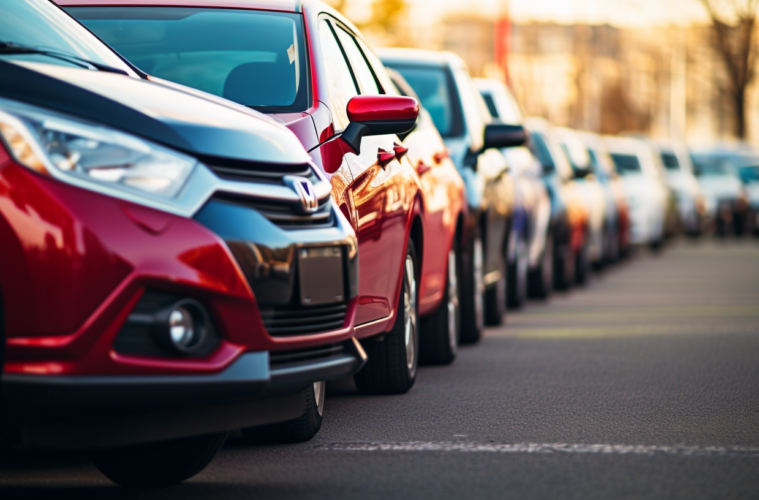In today’s economic climate, the cost of car ownership and driving is a significant concern for many. With expenses including fuel, insurance, maintenance and repairs, the financial burden can be considerable. Similarly, the choice of the car we choose could lead to losing up to 60% of the price within the first 3 years, with certain cars plummeting in the used car market. However, there are steps you can take to mitigate these costs, ensuring your car doesn’t become a major financial headache. Read on to find out more.
Regular Maintenance
This is paramount in reducing long-term costs. Simple actions such as timely oil changes, buying the right tyres online for your car, rotating your tyres and brake inspections can prevent more significant issues down the line. Regular maintenance not only extends the lifespan of your vehicle but also ensures it runs more efficiently, thereby saving you money. It’s important to be aware of your car’s service history so you know when to take it into the garage, while you can check its MOT status in a matter of minutes on the government’s website.
Fuel Efficiency and Economical Driving
Fuel costs are a major outlay for drivers, so improving your efficiency can help you make some useful savings. Simple habits such as maintaining steady speeds, reducing idling and ensuring your tyres are correctly inflated can significantly impact fuel consumption. Adopting a smoother driving style by avoiding harsh acceleration and braking will also help.
Insurance
Insurance is another big expense, with average annual costs of £561. However, shopping around for the best deal, adjusting your coverage to suit your needs and increasing your excess can reduce premiums. Young drivers or those with a less-than-perfect driving record might consider taking an advanced driving course to lower policy costs.
Car Choice
The type of car you choose has a profound impact on overall running costs. Opting for a vehicle with a reputation for reliability, lower depreciation and cheaper parts can reduce expenditure over time. Electric vehicles, although more expensive initially, offer lower running costs and are an option worth considering for those looking to make significant savings on fuel.
DIY Repairs
For those who are mechanically inclined, undertaking simple DIY repairs and maintenance can offer further savings. Tasks such as changing air filters, wiper blades and even performing oil changes can reduce the need for professional services. However, it’s crucial to know your limits to avoid causing more damage to your vehicle, which may end up costing you more in the long run to have fixed.
Reducing the cost of owning, driving and maintaining your car requires a multifaceted approach. By adopting the strategies mentioned above, you may be able to enjoy significant savings – money which could be put towards other areas of your life.

